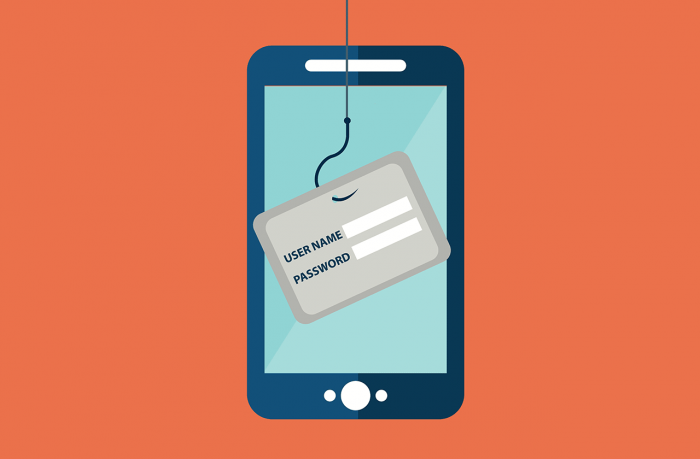
Kaspersky for Mac: More than just antivirus
Contrary to popular belief, viruses for Mac do exist. Other online threats put Mac users at risk as well. Kaspersky Internet Security for Mac can neutralize them all.
108 articles

Contrary to popular belief, viruses for Mac do exist. Other online threats put Mac users at risk as well. Kaspersky Internet Security for Mac can neutralize them all.

Three months in, we report on the development of No More Ransom and the goals we’ve already achieved.

Independent testing agency MRG Effitas put 16 security products through their paces against a battery of malware. Here are the results.

Let’s talk about new security technologies in Windows 10: Are they enough to make the new operating sys-tem totally secure?

Ransomware is a tough nut to crack — and while it’s distracting you by encrypting your files, it may also be turning your computer into a zombie.
Why do you need Kaspersky Protection browser extension?

Today is the first annual Tin Foil Hat Day. What is it?

Are you sure that one-time SMS passwords reliably protect your mobile bank? Think again! In this article we explain how Trojans fool two-factor authentication.

Cyber illiteracy can lead to the loss of money due to online banking fraud. Follow these eight rules to protect your money from cybercriminals

Passwords have been around since the early days — in 200 B.C., the Romans used them on a day-to-day basis to organize and manage actions of military units. With the

Sometimes even cybercriminals go fishing. They hunt for a special goldfish — our personal data. So, what can you do to protect yourself from phishing?

While FBI recommends victims to pay the ransom, Kaspersky Lab won back the access to the files for dozens of thousands of CoinVault and Bitcryptor victims.

Kaspersky Safe Kids offers peace of mind in knowing that their kids are safe and where they should be.

With all of the hacks in the news, you may feel scared to shop online. Kaspersky Lab can ease your fears with the Safe Money feature of Kaspersky Internet Security 2016.

Google’s Android OS is a vulnerable system. Developers make it worse by not providing critical patches in time.
Tips and methods of hacking global surveillance: makeup, special clothes, eyeglasses and more.

Today’s smartphones are full-fledged computers much more powerful than the desktops you used 10 years ago. Your device is very likely to contain data the cybercriminals are after, like banking data.

Cyber-literate users possesses a variety of good habits, which protect them online and offline. What are these traits?

By tracking your online activities, advertisers adapt their banner adverts and ad modules. If you don’t want to be tracked, enable the Private Browsing feature.

The new trend on IFA 2015 is all about integrity and security. Meet Kaspersky Lab’s observations from the trade show.

I won’t even dare to ask if you are sick and tired of banner adverts on the Internet. I’ll better tell you how to get rid of them with help of Kaspersky Internet Security.